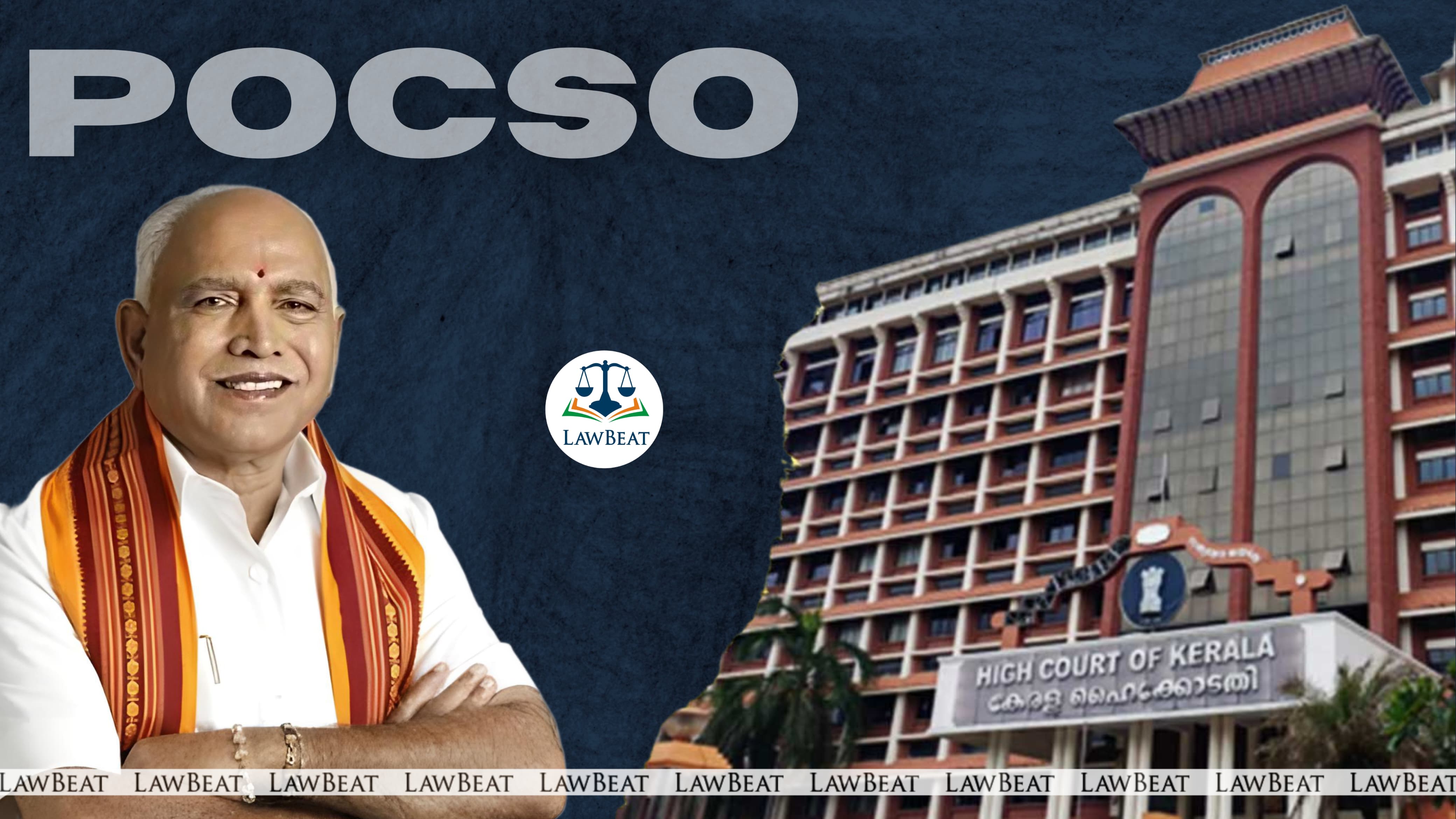Karnataka High Court Refuses to Quash POCSO Case Against BS Yediyurappa

The court acknowledged that the matter requires full blown trial but set aside the trial court’s cognizance order finding it blatant non-application of mind
The Karnataka High Court (HC) on Friday (February 7, 2025) refused to quash the Protection of Children from Sexual Offences (POCSO) Act case against former Chief Minister BS Yediyurappa.
The court, however, set aside the trial court's order taking cognizance of the case finding it to be “bald, laconic and cryptic”. “While cognizance of the offence, the concerned Court ought to have applied its mind and then issued process,” a single-judge bench of Justice M Nagaprasanna, observed.
The case stemmed from allegations by a woman who had accused Yediyurappa of molesting her 17-year-old daughter during a visit to his residence. The complainant, who has since passed away, filed a police complaint on March 14, 2024, alleging that Yediyurappa had also attempted to suppress the matter by offering her money.
Following her complaint, the police registered a First Information Report (FIR) under Section 8 of the POCSO Act and Section 354(A) of the Indian Penal Code (IPC) for sexual harassment. Subsequently, on July 4, 2024, the trial court took cognizance of the case against Yediyurappa and three others under IPC Sections 204 (destruction of evidence), 214 (offering gifts to shield an offender), and 37 (cooperation in an offence).
The HC took issue with the trial court's order, stating that “The order of taking cognizance and issuing of process does not bear even a semblance of application of mind.It runs completely counter to the necessity under Section 190(1)(b) or Section 204 of the Cr.P.C.” It underscored the necessity of recording reasons to establish the existence of sufficient grounds, emphasising that such reasoning must be documented in writing to demonstrate judicial application of mind while taking cognizance and issuing summons.
“Section 204 requires sufficient ground for proceeding against the accused, which would mean the Court has to examine existence of sufficient grounds to proceed against the accused and then proceed to issue process. This act, undoubtedly requires application of mind, on the part of the learned Magistrate or the Court of Sessions as the case would be, as the provision itself mandates existence of sufficient ground for proceeding. Therefore, it can be only on perusal of the material on record and consideration thereof, not an order which depicts the Court to be a post office to the prosecution,” the court observed.
The court further observed that since the cognizance order was found to be a “blatant non-application of mind” and consequently set aside, there was no need to examine arguments concerning the offences at this stage. It said, “the order should bear application of mind and application of mind in an order is discernible, only if reasons are recorded in writing, failing which, the order would depict an inscrutable face of the sphinx.”
The court, in furtherance, directed the Sessions Judge to review the entire material before him and issue appropriate orders on the final report, keeping in mind the court’s observations.
The court acknowledged that there was sufficient material, including an audio recording authenticated by forensic analysis but it emphasised that this did not establish Yediyurappa’s guilt. “these matters would undoubtedly require to be thrashed out in a full-blown trial,” the court held.
In light of these observations, the court partially allowed the writ petitions. The court set aside the trial court’s cognizance order against all accused, including BS Yediyurappa. The matter was remitted back to the trial court for fresh consideration.
Cause Title: BS Yeddyurappa v CID and anr [WP No.15522 OF 2024 (GM - RES) and WP No.18538 OF 2024 (GM – RES)]
Appearance: For the Petitioner- Advocates C.V. Nagesh, Sandeep Patil and Swamini Ganesh Mohanambal; For the Respondents- Prof. Ravivarma Kumar along with Special Public Prosecutor Ashok N.Naik and Advocate S.Balakrishan for R2.
